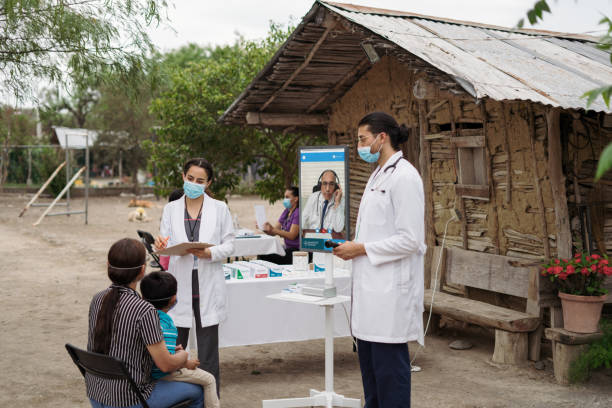India is staring at a serious shortage of family doctors as the country approaches 2030, a year by which policymakers estimate the nation will require at least 15,000 trained family physicians annually to meet the growing demands of its population. But current medical education infrastructure falls drastically short of that goal, according to a first-of-its-kind national survey of family physicians.
Conducted by the Academy of Family Physicians of India (AFPI), the survey covered 272 family doctors across 28 states and union territories, shedding light on the vital but overlooked role these physicians play in India’s healthcare system—and the growing gap between demand and training capacity.
A Critical Frontline Role
The survey found that nearly 48% of family doctors are the first point of contact for patients in primary care settings. More than 69% provide inpatient services, while over 56% offer emergency care, indicating how family physicians bridge both urban and rural health gaps and frequently step in where specialists are unavailable.
Notably, 39% of respondents were working in rural India, underlining the urgent need for strengthening the rural health infrastructure through trained generalists.
Shortfall in Training, Despite Longstanding Recognition
Although family medicine was officially recognized as a specialty in India in the late 1990s, postgraduate training opportunities remain limited. Currently, there are only around 700 MD/DNB family medicine seats available annually, a fraction of what is needed to meet India’s future health care goals.
The study highlighted a disconnect between national health policy and implementation. Despite family medicine being emphasized in multiple national health policy documents—including the National Medical Commission’s recent recommendations—there has been limited expansion in training programs, resources, and awareness among medical graduates.
Risk of Over-Specialization, Weak Primary Care
Healthcare experts warn that India’s growing emphasis on specialist care is leading to a neglect of comprehensive, community-based generalist medicine. This trend, they argue, threatens to weaken India’s primary healthcare backbone, particularly in rural and underserved areas where family physicians often serve as the only accessible medical providers.
Dr. Raman Kumar, President of AFPI, remarked that without strategic intervention and investment, India risks becoming “a country of specialists without a strong primary care system”—a model that is both unsustainable and inequitable in the long run.
Call for Urgent Reform
To correct the course, experts have called for an overhaul of undergraduate and postgraduate medical training to include family medicine as a mandatory component. Additionally, they recommend the creation of a dedicated national task force to expand training seats, faculty development, and integration of family physicians into public health programs.
The findings have sparked fresh discussions among health policy planners, medical institutions, and public health experts on how to build a robust pipeline of family doctors to ensure equitable healthcare access, especially in the rural heartland.
If left unaddressed, the shortage could not only undermine India’s progress toward universal health coverage but also widen the healthcare divide between urban and rural populations.


